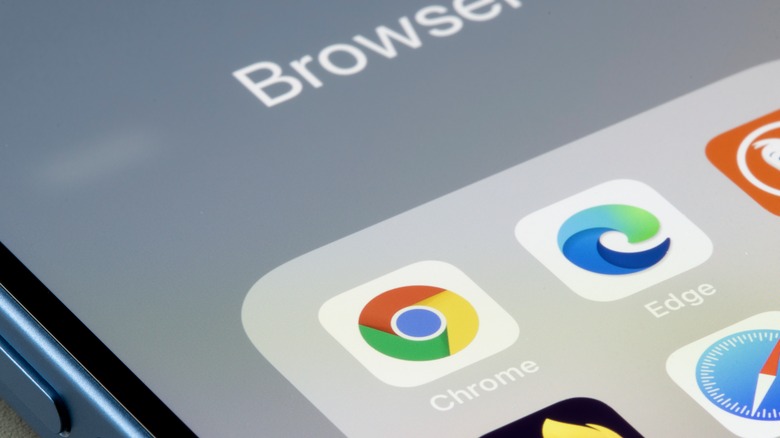Over 56% Said They Most Regularly Use This Internet Browser
Irrespective of the computing device you use, the internet browser, quite literally, is your gateway to the world wide web. Evolving over the past three decades, this ingenious little tool — which started its journey as an instrument to access simple text-only web pages — has transformed into a powerful tool that can do a lot more than browse websites. The modern web browser has evolved to perform seemingly complex tasks like accessing multimedia content, playing graphically-intensive browser-based games, and even accessing web-based word processors and spreadsheets.
While the first new browser generations were almost exclusively designed for computers and laptops, this differentiation has largely come to an end. Thanks to the rapid evolution of smartphones, most modern browsers, in addition to their desktop versions, come with dedicated versions for iOS and Android smartphones.
Microsoft's Internet Explorer used to be the world's most widely used browser during the late '90s and mid-2000s. This was largely out of necessity because it was the default browser on most Windows computers. By the early 2000s, there were other players in the browser space, including some popular ones like Mozilla Firefox and Opera Browser. The early 2000s also saw Apple release its own web browser called Safari. Fast forward to 2022, and the average internet user has a plethora of options to choose from. Despite this, people seem to prefer some browsers over others. To get a better understanding of people's choices, we asked 631 U.S. residents to tell us which browser they use most often.
The top pick really isn't a surprise
First released in 2008, Google Chrome quickly replaced Internet Explorer as the browser of choice for most people. Fourteen years on, this browser continues to be as popular as ever. Of the 631 people we surveyed, more than 56% said they regularly use Google Chrome as their primary browser. Like most of its competition, Google Chrome is available for multiple platforms, including Windows, Mac, iOS, and Android. With more than 27% of people voting for it (27.73% to be precise), Apple's Safari browser manages to come in second place. Given that the Safari browser is available exclusively for devices running iOS, iPadOS, and macOS, this achievement is quite remarkable. There are no Android or Windows versions of Apple's Safari.
In third place, with 7.45% of the votes, Mozilla Firefox manages to have its own set of fans. Released back in 2004, this browser has evolved well over the past two decades and continues to offer users a plethora of features. Like Google Chrome and most other browsers in this poll, Mozilla Firefox is a cross-platform browser available across the most popular operating systems. With Microsoft retiring Internet Explorer, the company's replacement for the legacy browser — Microsoft Edge — has gradually increased in popularity. This browser managed to garner 6.66% of the votes in our poll. Completing the poll were two other browsers, Opera and Vivaldi, with 1.43% and 0.48% of the votes each.

